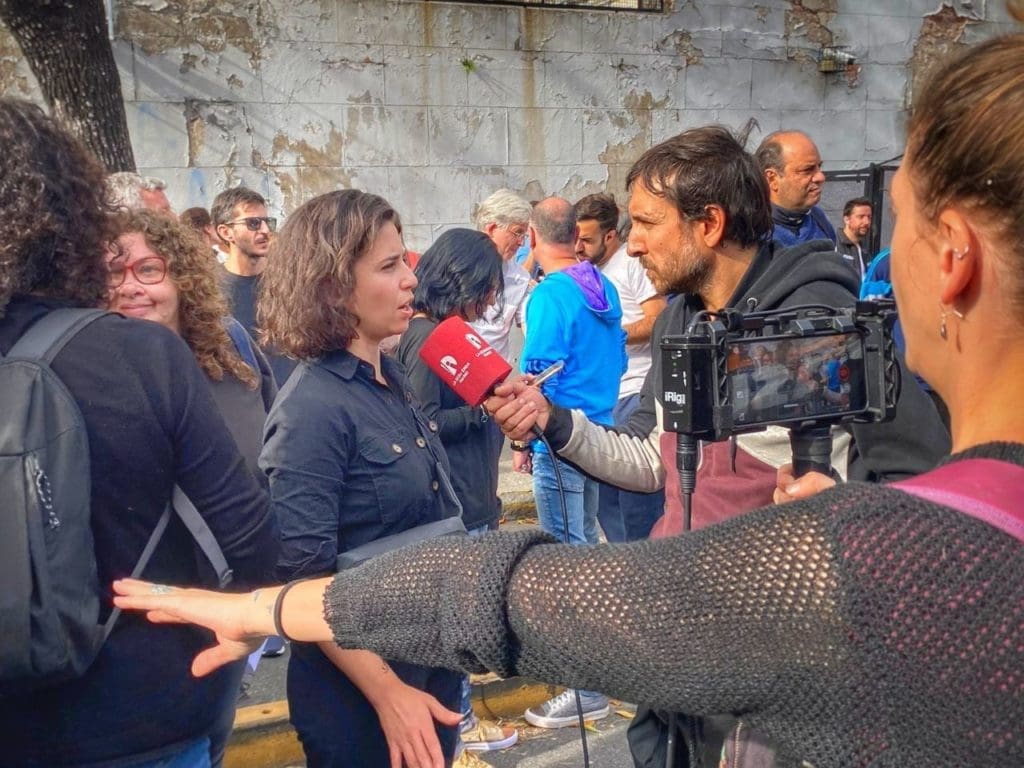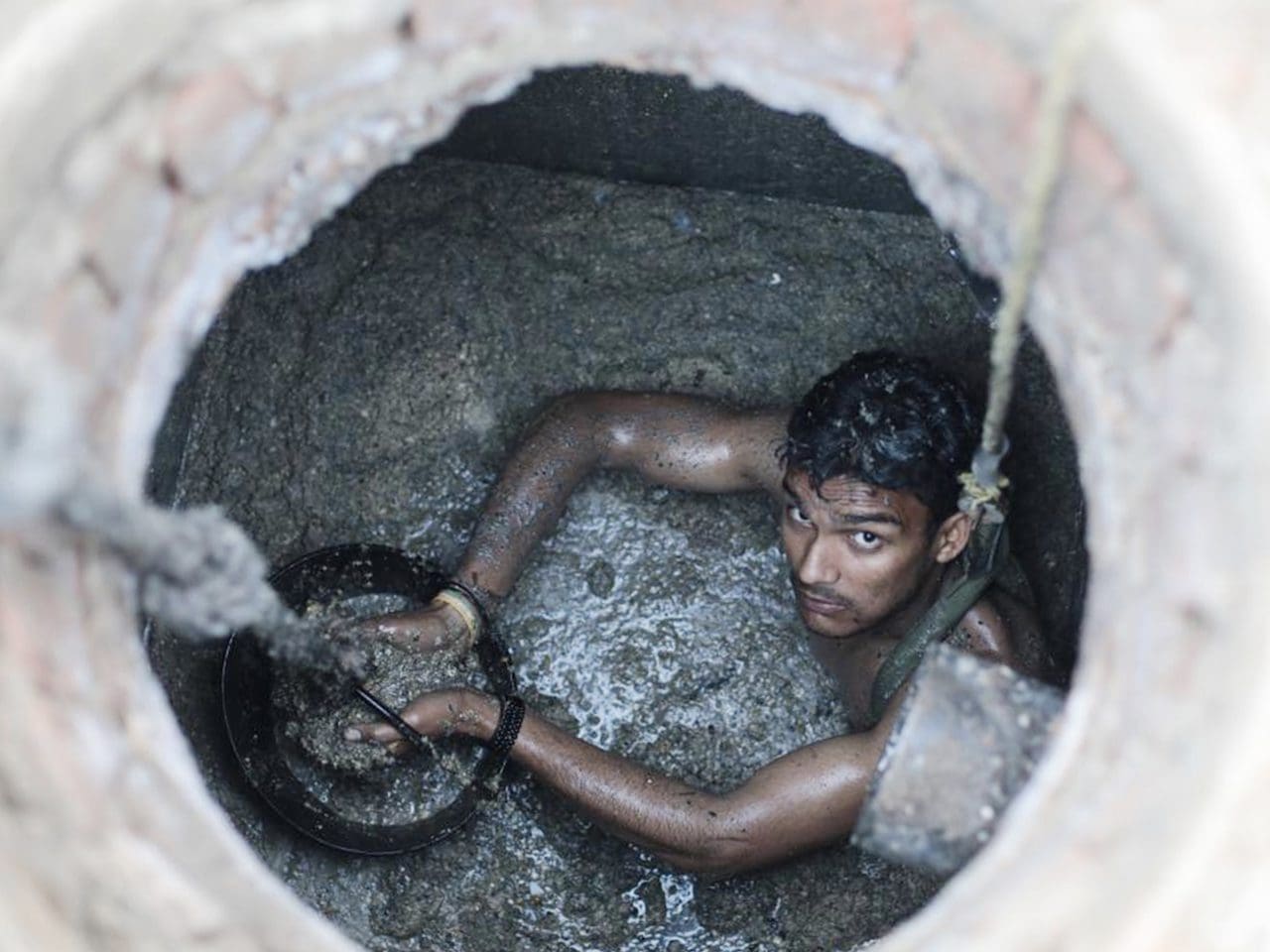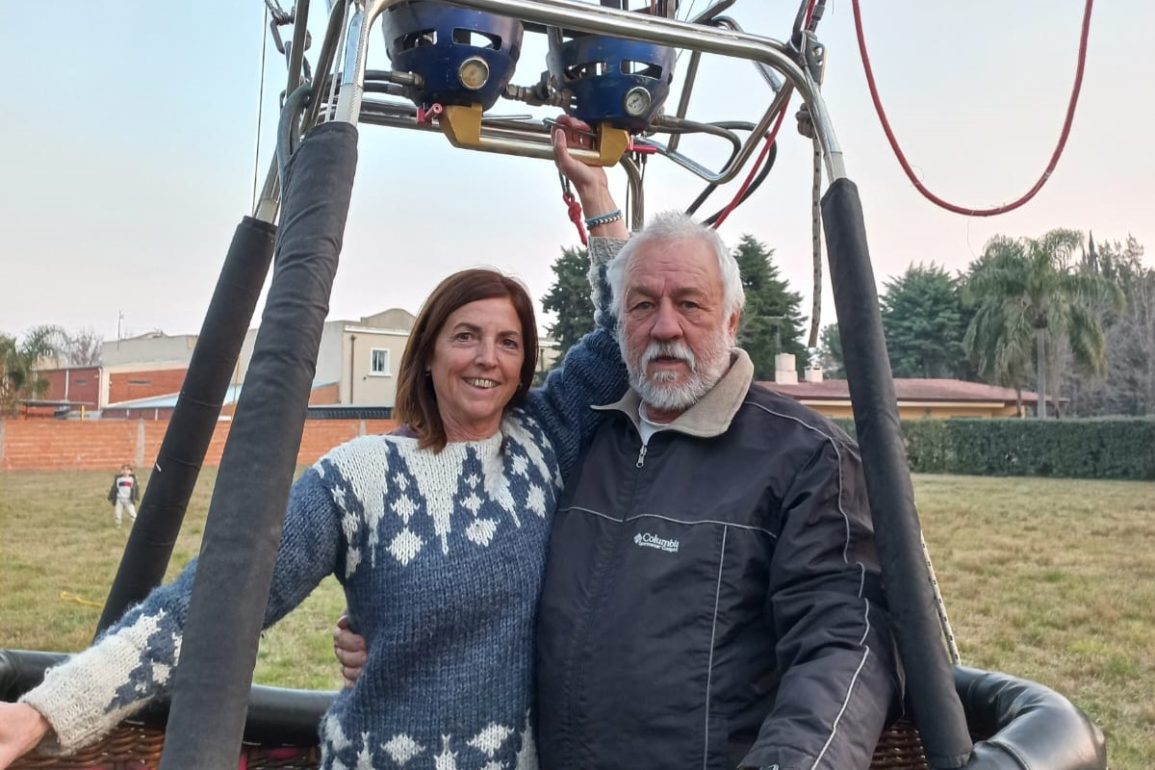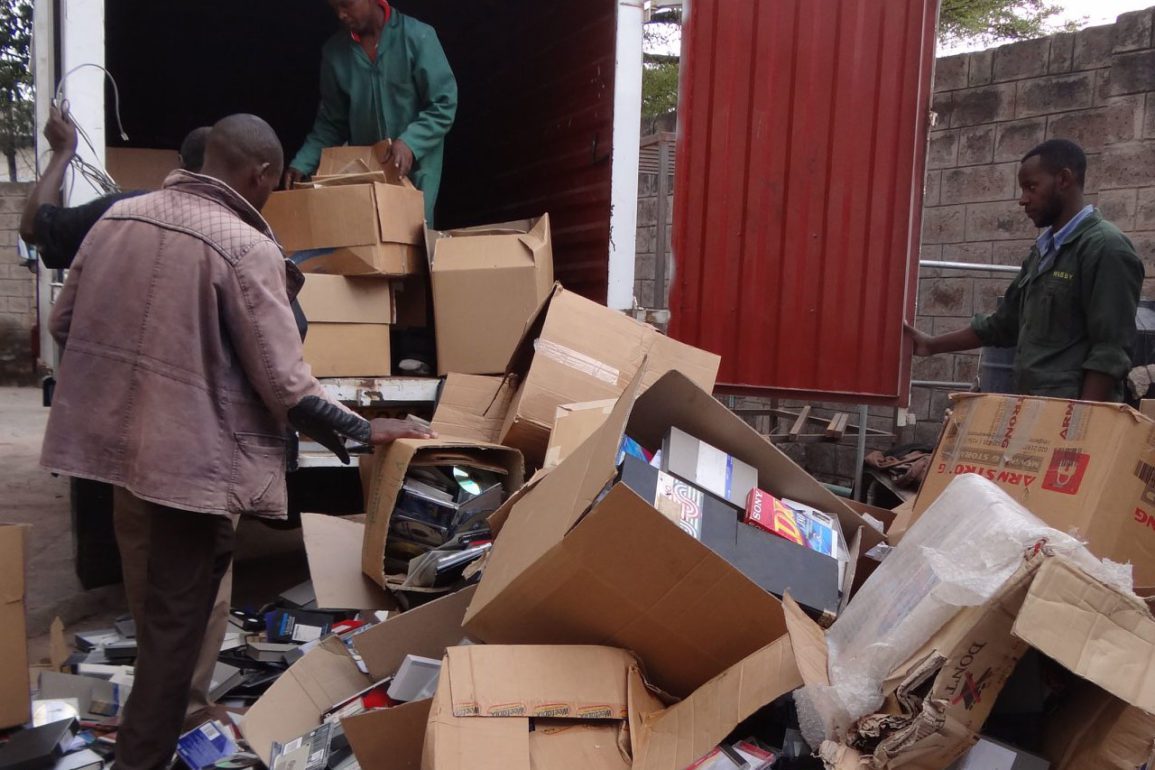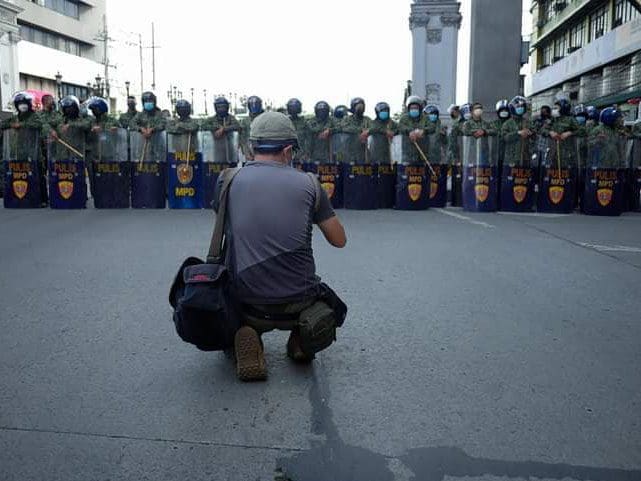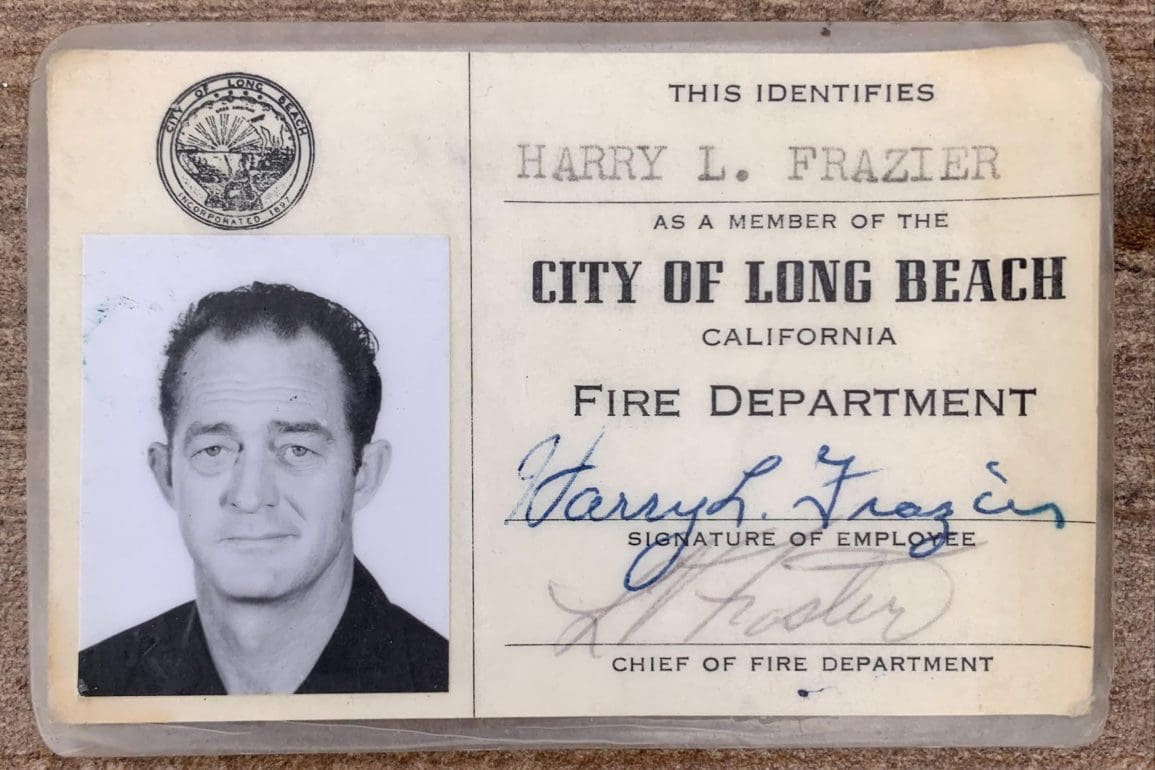Argentinian multimedia company Grupo Clarín abruptly fires 48 journalists, workers organize
I stared at my phone in disbelief. What shocked me most was how they did it. Rather than calling us into Human Resources and informing us in person, they took advantage of the early hours on a Sunday to send out 48 mass layoff emails.
- 3 years ago
May 21, 2023

BUENOS AIRES, Argentina — On Sunday, April 16 at 5:00 a.m., I received an email from the media company I worked for since 2012. [Grupo Clarín is the largest media conglomerate in Argentina.] I woke up around 7:00 a.m. and attempted to check my emails, but it appeared the company blocked my access to them, and to Slack.
Being a Sunday, I waited to see what would happen next. I later heard from colleagues; the company denied them access to the building. They fenced off the entrance. Anxiety consumed me as I imagined the worst. Finally, I got access through my cell phone and discovered the company fired me, along with 47 of my colleagues.
I stared at my phone in disbelief. What shocked me most was how they did it. Rather than calling us into Human Resources and informing us in person, they took advantage of the early hours on a Sunday to send out 48 mass layoff emails.
Read more stories from Argentina at Orato World Media
With no warning at all, we lost our jobs without a safety net
A company can certainly dismiss employees, but they must adhere to certain legal conditions when conducting mass layoffs. I gave 11 years of my life to a company that dismissed me with no explanation in a singular email. In addition to the secrecy, they treated us like criminals by denying us access to our workplace or any documents.
My phone buzzed the entire day with questions from my colleagues. None of us knew why it happened, and we needed answers. Thankfully, my partner support me, otherwise I would have struggled to keep calm. My heart raced and my body felt too tense to do anything. I needed time to process it.
I worked in the Cities Section of the newspaper, and I recalled a massive layoff occurred in 2019. It impacted me in a big way, but luckily, I kept my job. Many of my colleagues endured firing without explanation. After that, we never felt entirely safe, feeling like they could get rid of us at any moment, and we would lose all stability. I remember how much anguish filled my days the first time it happened. I felt guilty for still having a job, terrified of losing my position, and uncertain what it meant for the future.
They valued numbers over individuals
So much rage brewed inside of me. I never anticipated another round of layoffs, as we already existed in a critical state. To directly dismiss individuals from sections that, as a result, may cease to exist implies a complete disregard for the value of the newspaper. I still feel anger boiling in me because the company treated us like numbers rather than people. The only solace I find comes from the support of my colleagues who endured the same thing. It feels reassuring not being alone in this. Immediately after being fired, we gathered for a press conference. A feeling of closeness and solidarity reigned among us.

Afterwards, I asked a colleague to accompany me to the newsroom. We noticed security guards following us. I could sense the guards’ discomfort. Even they felt strange about the whole situation. Our remaining colleagues from other media outlets joined our protest and participated in the open radio called by the press union. Their support gave us tremendous strength. On the day of the press conference, it touched me deeply to see so many people come together. We protested not only for our unfair treatment, but to show employees remain more than a number on a spreadsheet. We deserve better.
Now, I find myself actively seeking freelance collaborations to navigate this challenging situation moving forward. It feels disheartening to think 48 families lost their source of income. Being a journalist in Argentina remains exceedingly challenging. The complicated conditions when pursuing journalistic integrity only worsen with censorship and vested interests. Unfortunately, even the most basic issues, such as our sustenance, remain unresolved.

